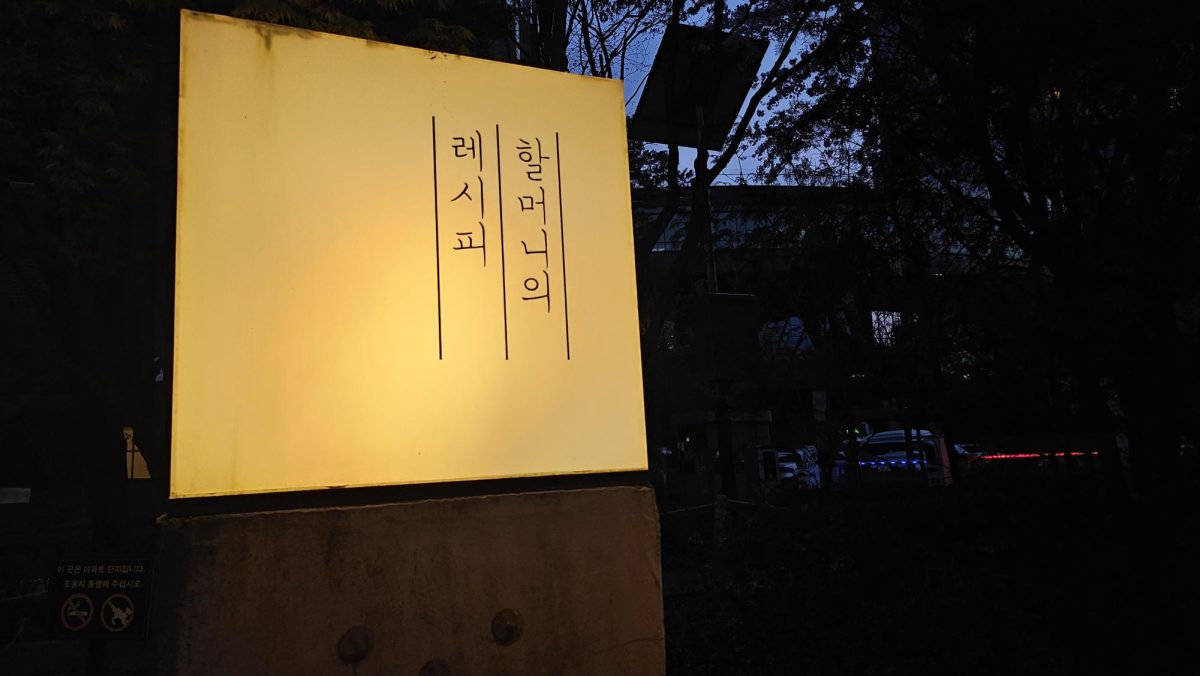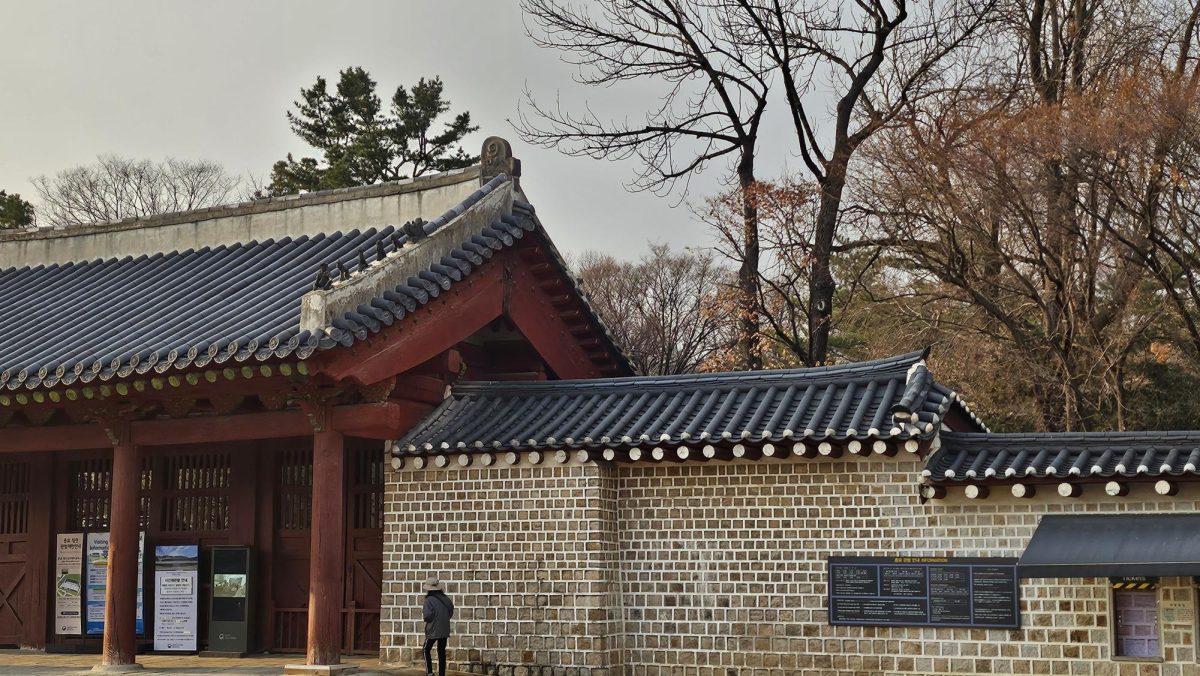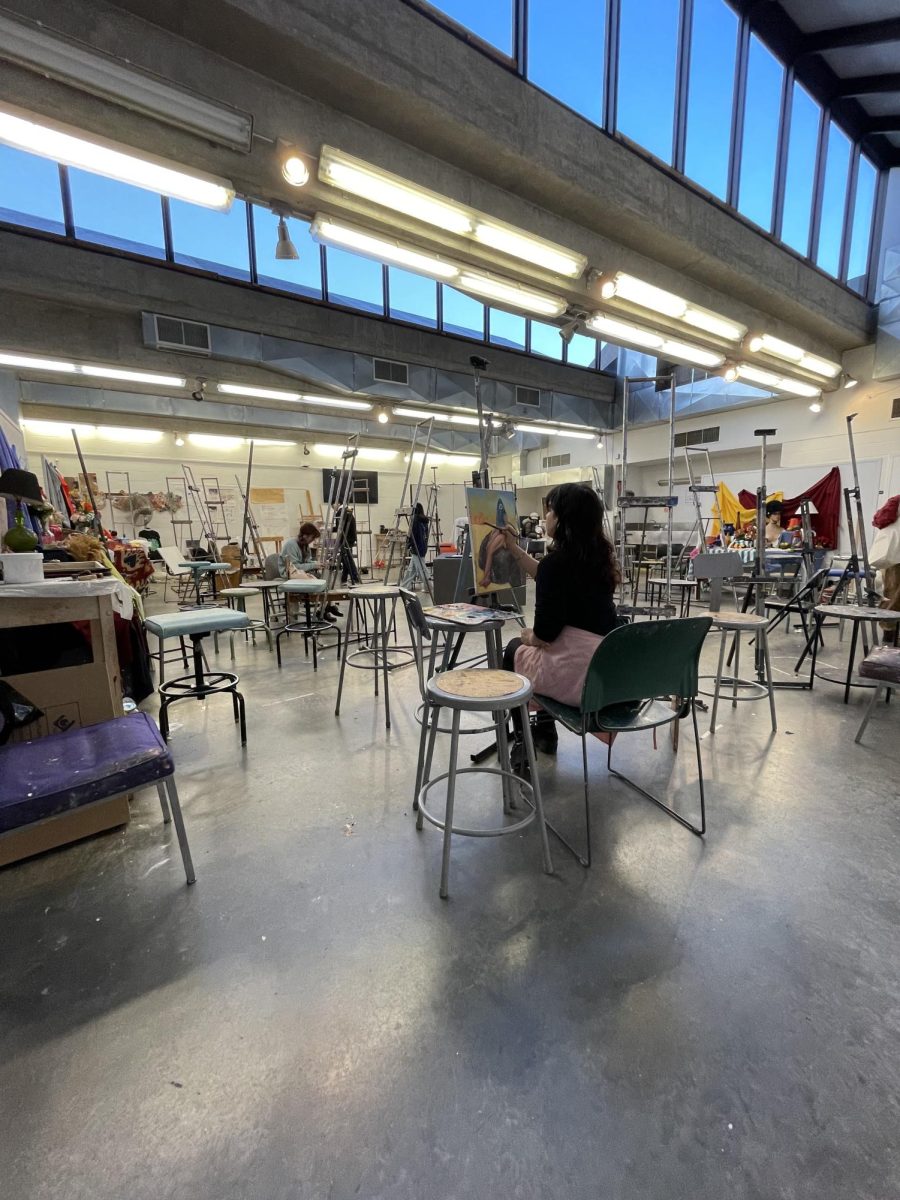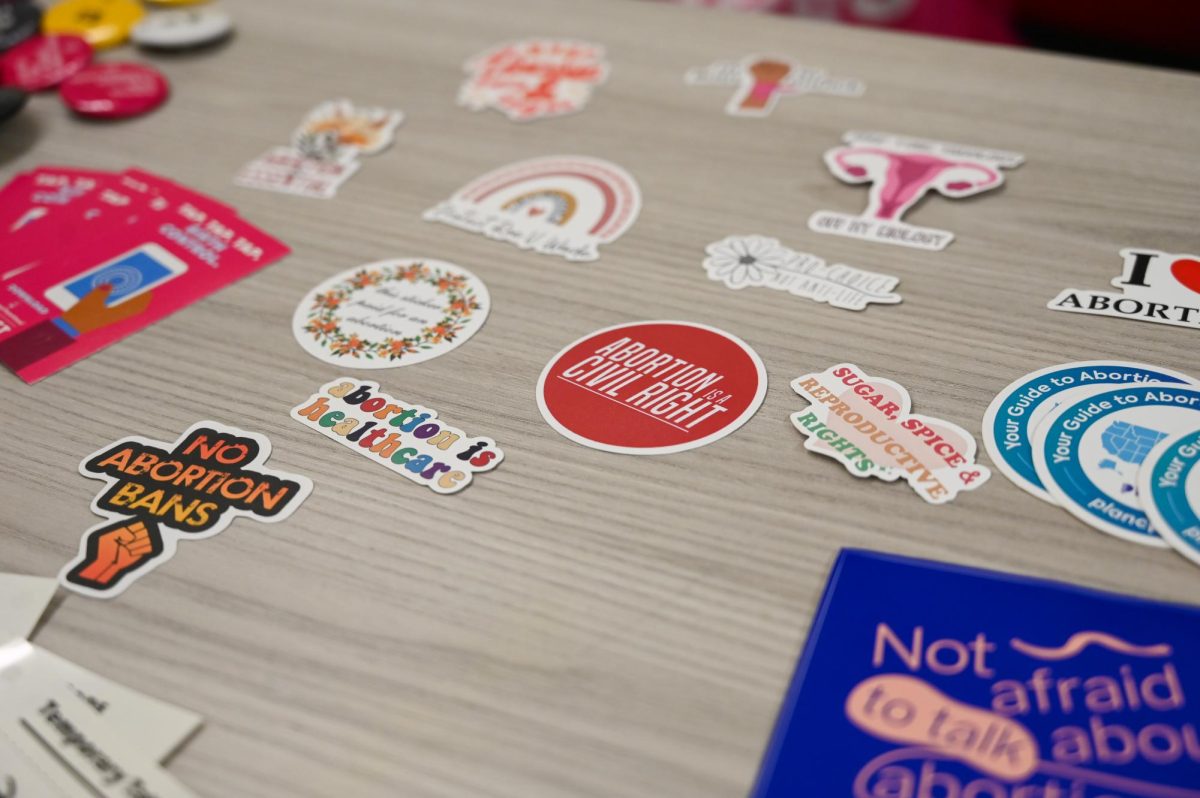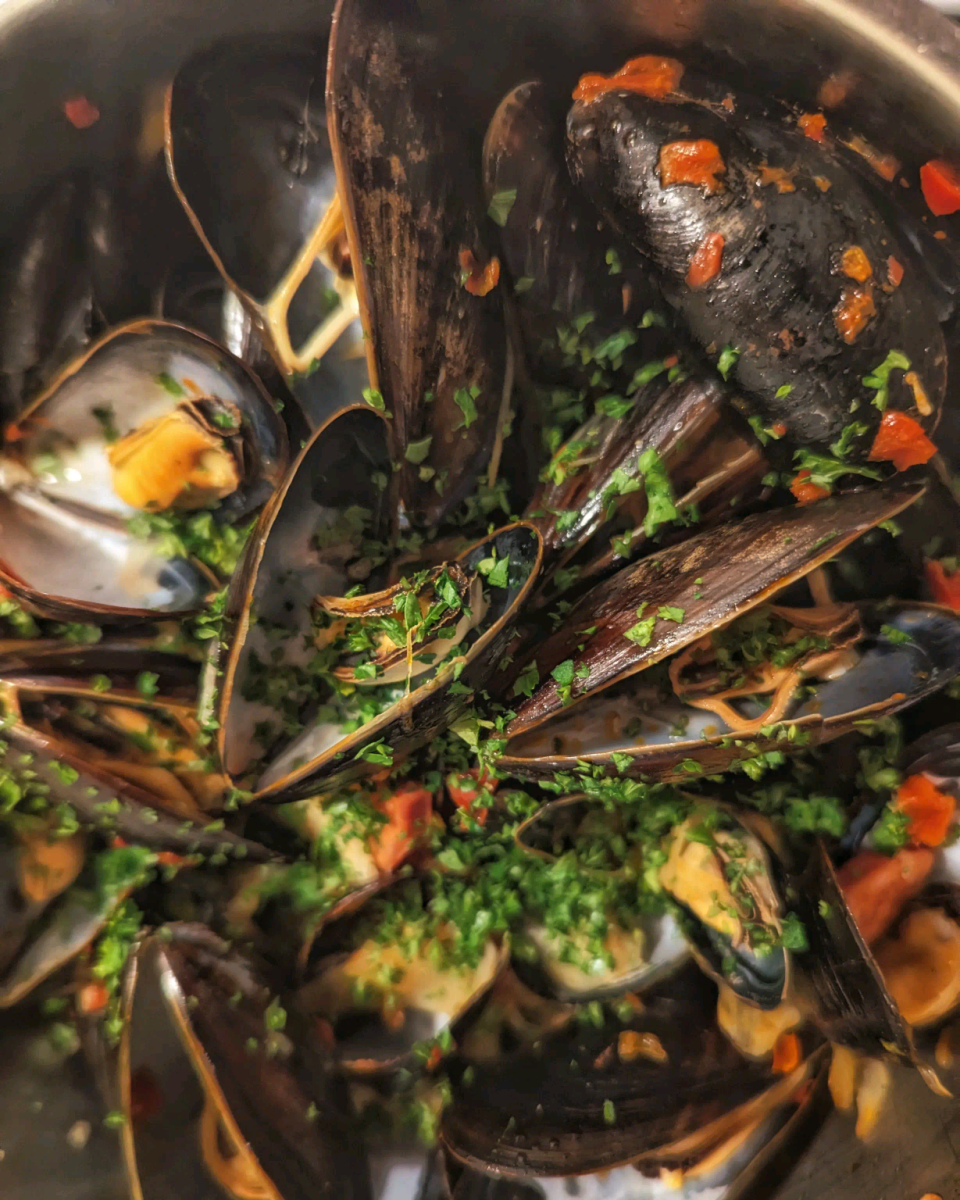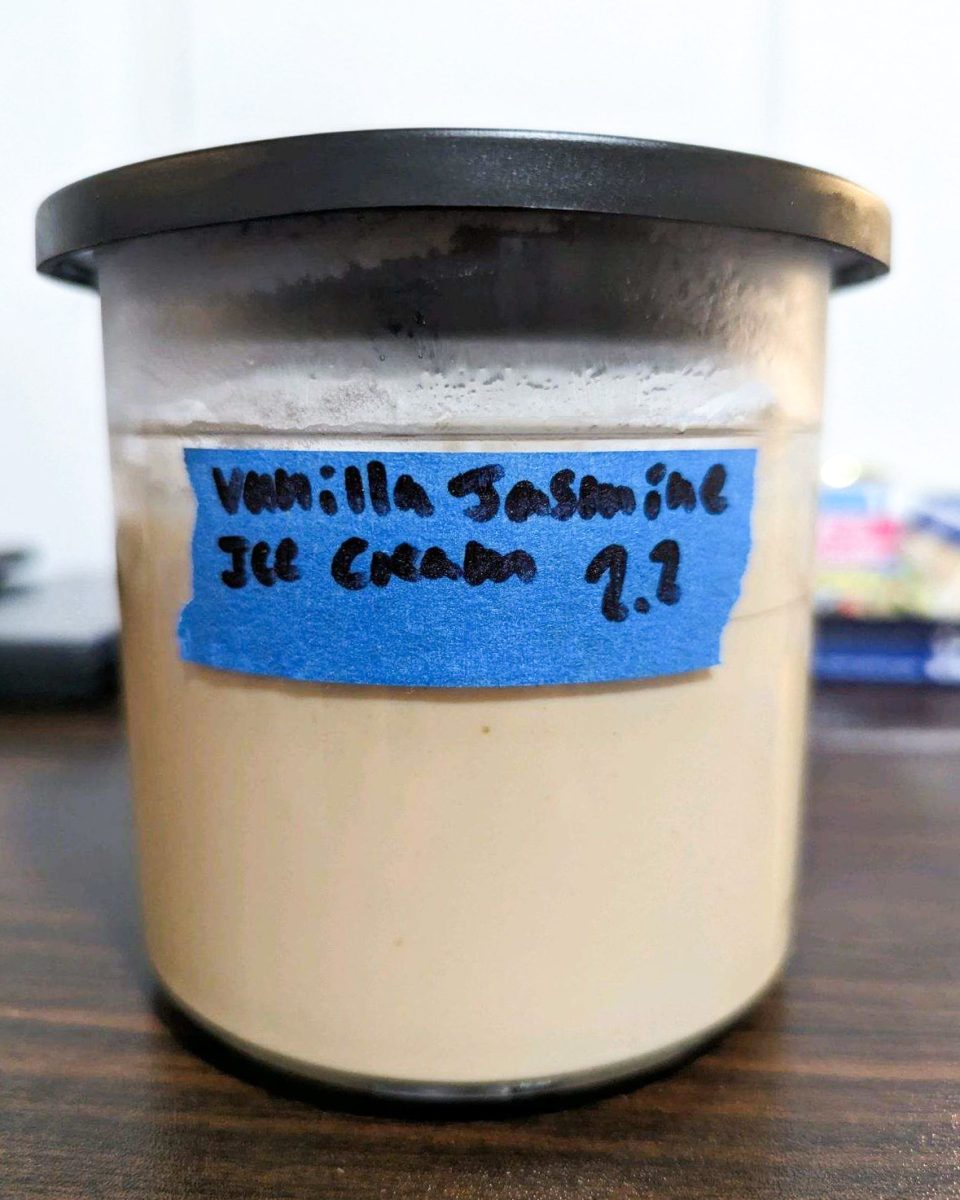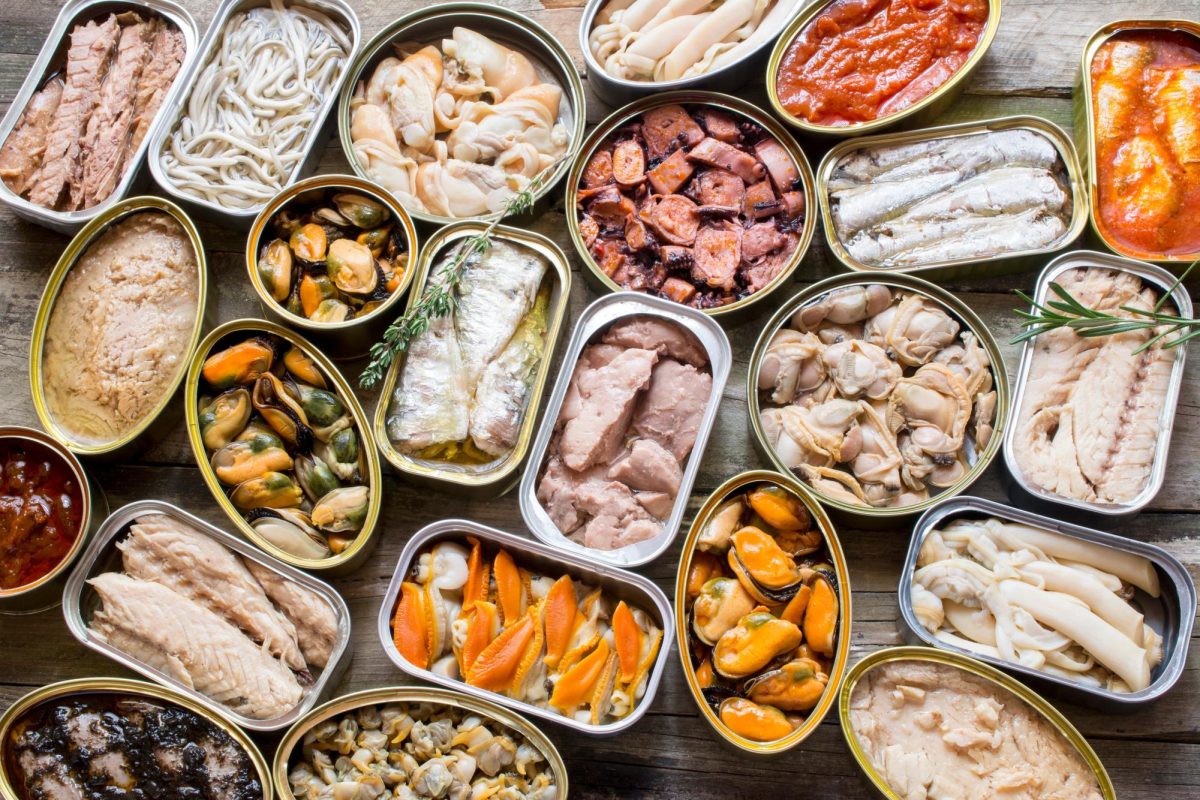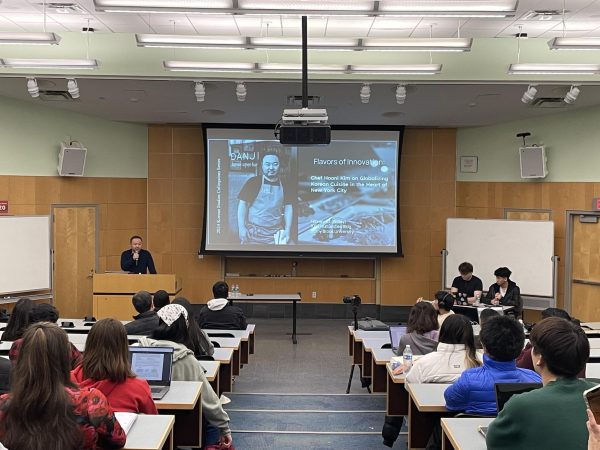
Advanced Senior Lecturer and Director of the Korean Studies program Heejeong Sohn greeted the audience at the Center for Korean Studies’ Flavors of Innovation event by welcoming New York City-based chef and restaurateur Hooni Kim on Feb. 23. Sohn started with an anecdote about how she wouldn’t make her daughter Korean foods for lunch, such as kimbap (seaweed rice rolls), due to societal judgments; she noted the ironic and heartening change in cultural acceptance in recent years, like how Trader Joe’s, for instance, now sells kimbap.
Sohn’s story set the stage for the event’s conversation on the globalization of Korean cuisine. When Kim took the podium, he introduced himself by sharing his experience as a chef at world-class restaurants and as an entrepreneur — having opened his restaurants, founded a non-profit organization Yori Chunsa and authored the cookbook “My Korea: Traditional Flavors, Modern Recipes.”
“I grew up in New York City. And I did want to get away for college,” Kim said in an interview with The Statesman. He humorously added, “quickly, I realized, damn, people are slow [in California]. And not just that, I was the weird one, for always being on time for walking faster than everybody else.”
He later attended the University of Connecticut’s School of Medicine at his mother’s wish that he would become a doctor. However, Kim felt anxious working at hospitals, leading him to go on sabbatical and take French culinary classes. Cooking classes also presented a challenging work environment, but Kim felt proud and excited to go to work the next day.
Kim recognized he was more comfortable living in the fast-paced environments of large metropolitan cities and wanted to return to New York City, later working at renowned restaurants Daniel and Masa.
His first restaurant, Danji, opened in the Hell’s Kitchen neighborhood and served Korean American fusion cuisine, with dishes such as the best-selling bulgogi sliders. Bulgogi is a popular dish in Korea that comprises thin marinated slices of meat that are typically grilled.
At its opening in 2010, Danji was one of the few Korean restaurants located outside of Koreatown. That choice was “a conscious decision because we were doing something different. And we were going to price things differently,” Kim said. The ingredients Kim sourced were more costly and he hoped that “Korean food can grow more if people did things differently,” alluding to breaking out of the conformity and camaraderie of Koreatown.
However, opting to establish the restaurant outside of Koreatown came with its share of challenges. In addition to the culinary competition in New York City, finding purveyors of Korean ingredients and vegetables was difficult because vendors that came into New York City wouldn’t deliver anywhere except Koreatown and Flushing, Queens. Although Kim sources some ingredients from Korea, he said practicality is important, so he buys vegetables from a Korean-owned farm in New Jersey to prioritize freshness and nutrient density. Despite these difficulties, Danji became the first Korean restaurant in the world to earn a Michelin star.
“Korean food was isolated in Koreatowns back then … These days, you’ll find Korean restaurants all over,” Kim said. The sentiment echoes Sohn’s comment on the rising familiarity of kimbap. Kim added that as there are more restaurants run and owned by Korean chefs, “there’s better Korean food now than there was before.”
Kim shared how his perspective about being a chef evolved as he matured. The vision he possessed for Danji reflected an older version of himself. Recalling the wisdom he learned at Masa to “cook who you are,” Kim opened the fine dining restaurant Meju, focusing on traditional Korean food and fermentation. It reflected his realization of the importance and uniqueness of Korean food, especially the health benefits.
Kim’s university medical background wasn’t in vain, as it aided his understanding of chemistry in cooking and biology in relation to fermentation. The restaurant name Meju comes from the Korean word for blocks of fermented soybeans, which are used to make soybean paste (doenjang), soy sauce (ganjang) and red chili paste (gochujang), commonly found in various Korean dishes. These ingredients are why Kim considers Korean cuisine to be the healthiest, as natural fermentation contains probiotics that help break down and absorb nutrients.
Upon hearing about his career journey and aspirations to globalize Korean cuisine, many students in the audience resonated with Kim’s experiences, mentioning their connections to working in restaurants and having family-run restaurants or supermarkets.
Among the attendees, Andrew Fu, a junior majoring in biology and the co-founder of Stony Brook University’s Community Garden Club, felt a particular connection to Kim’s presentation. Relating with Kim’s biology background, Fu said in an email with The Statesman that he took interest in “[Kim’s] discussion about fermented foods and their positive effect on the gut microbiome,” connecting to his passion for “the intersection of health and nutrition.”
Since the opening of Meju, Danji has operated without Kim as he devotes his time to cooking at Meju. When asked by a student in the audience if he would return to fusion food, Kim gave a quick “no,” adding that he “doesn’t want to share Korean food with other cuisines.”
Although Kim said fusion foods no longer align with his current vision, he discussed his upcoming partnership with the Asian supermarket chain H Mart for their Food Hall in the American Dream Mall in New Jersey. Asked by H Mart “to do anything but traditional Korean [food],” Kim’s upcoming shop, K-Town Hero, will serve hero sandwiches that stay true to Kim by “[keeping] things very traditional in what goes in between the bread.” It is scheduled to open before summer.
Before the event concluded with servings of kimbap and sikhye (sweet Korean rice punch), Kim wrapped up the presentation with a comforting message for the students in the lecture hall. Speaking from his experience of not knowing what he wanted to do until around the age of 30 and switching paths after college, he said, “if you don’t know what you want to do now, it’s okay — just learn. It’ll help you later.”











